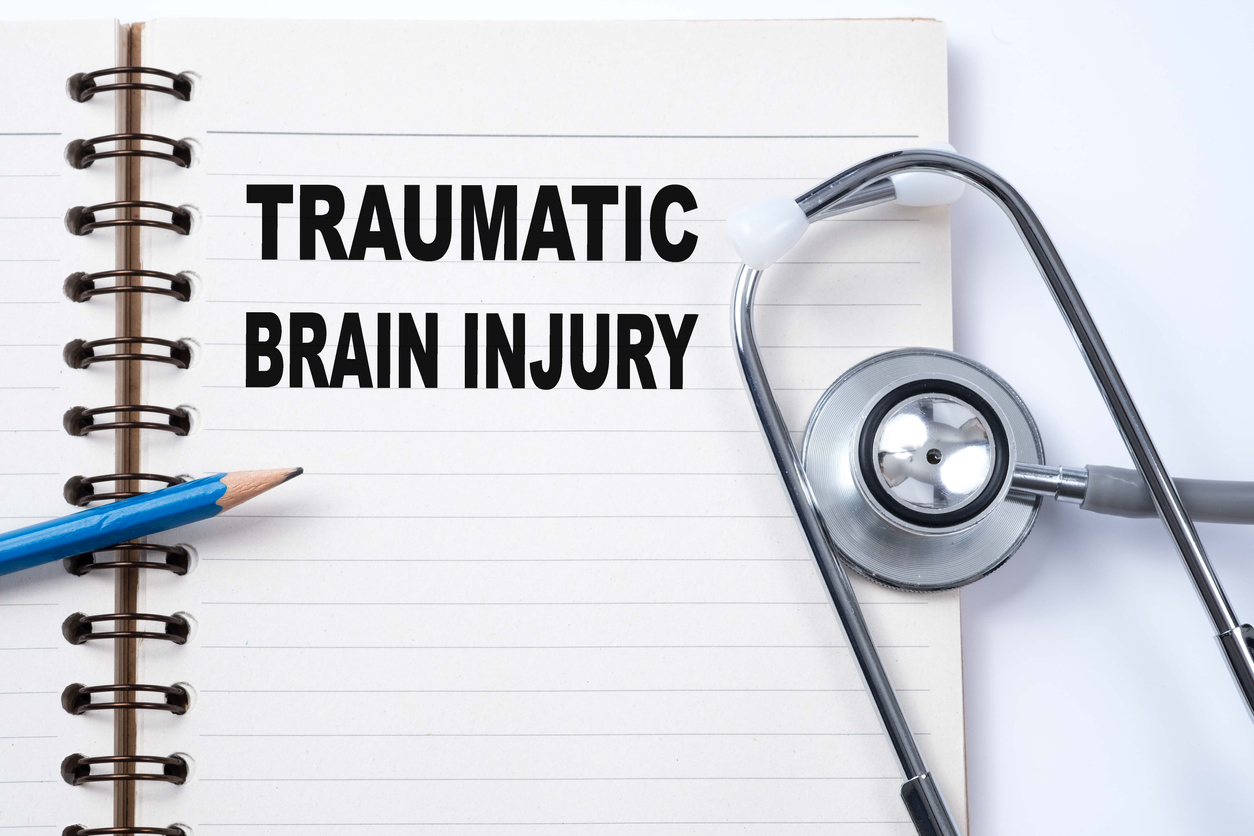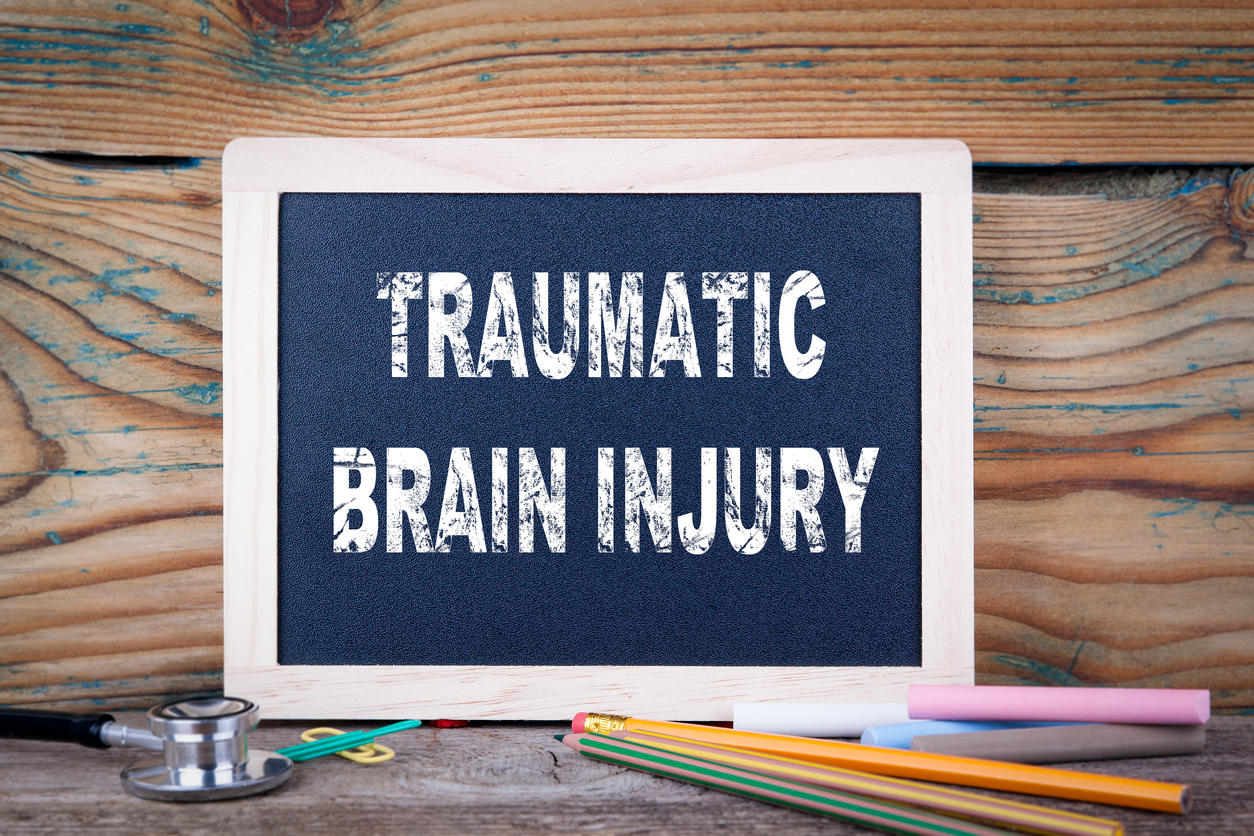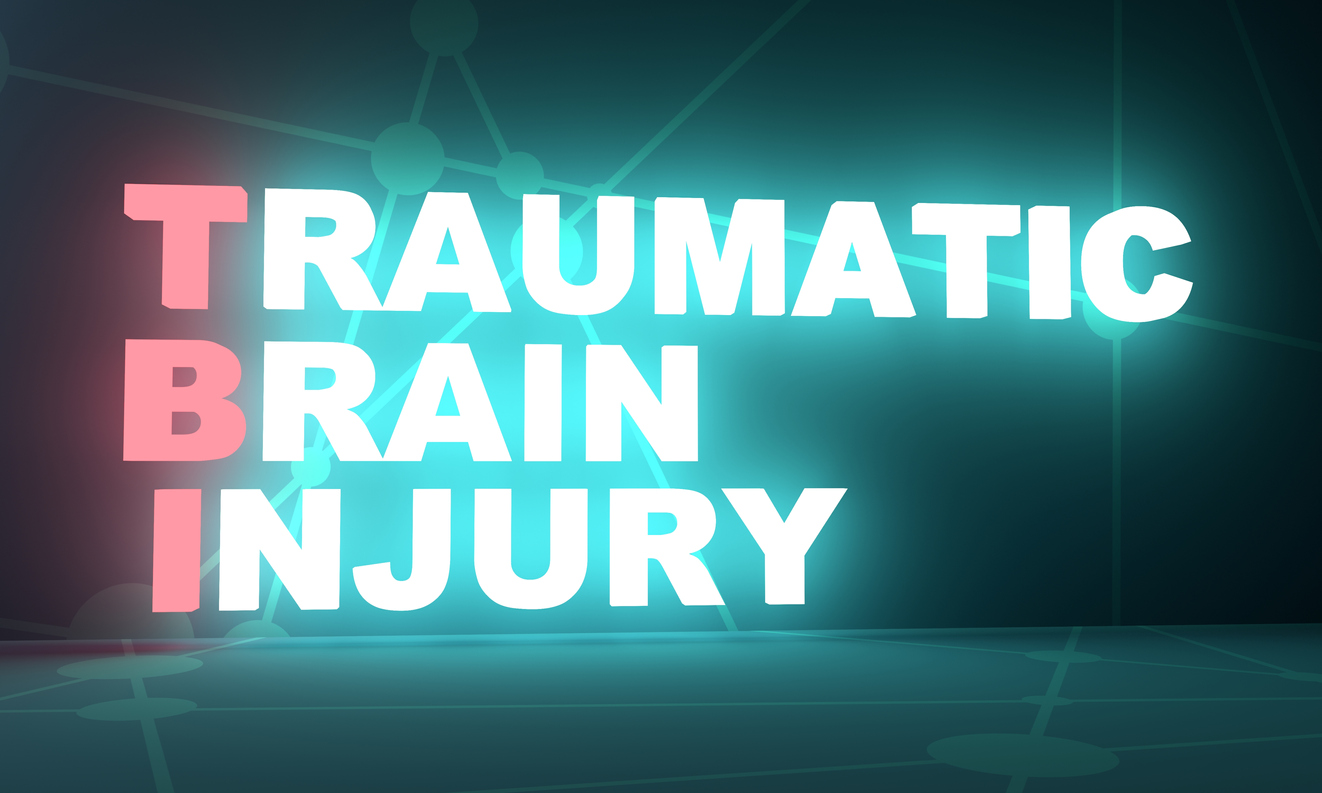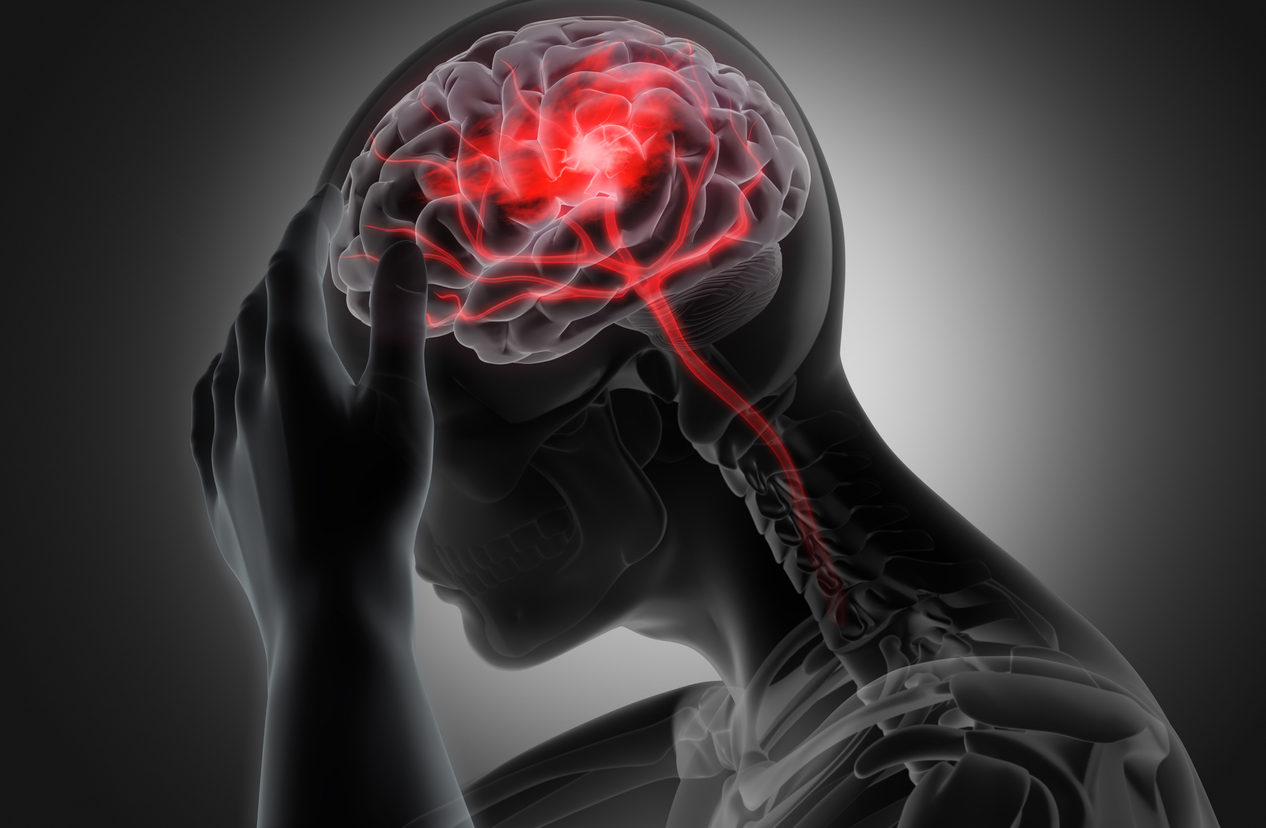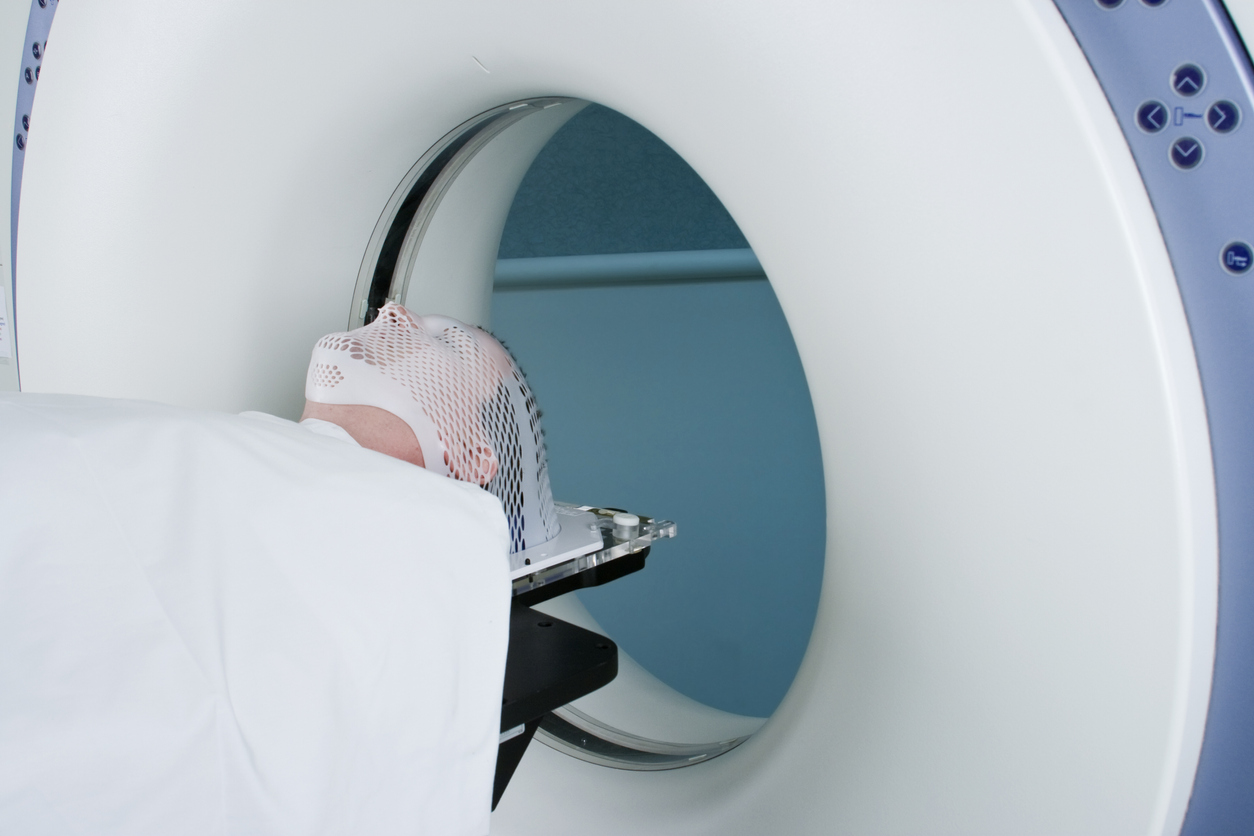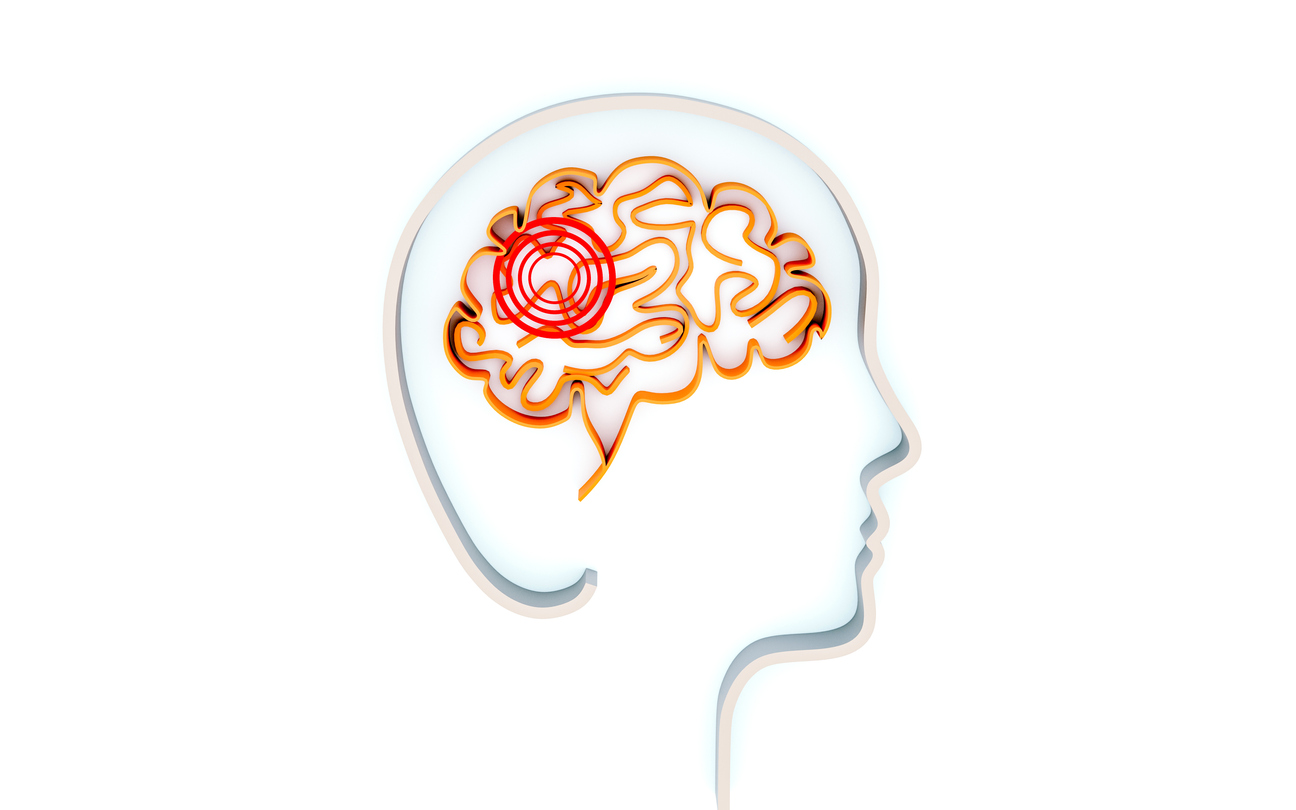Pain
What to Expect When Recovering From a Traumatic Brain Injury
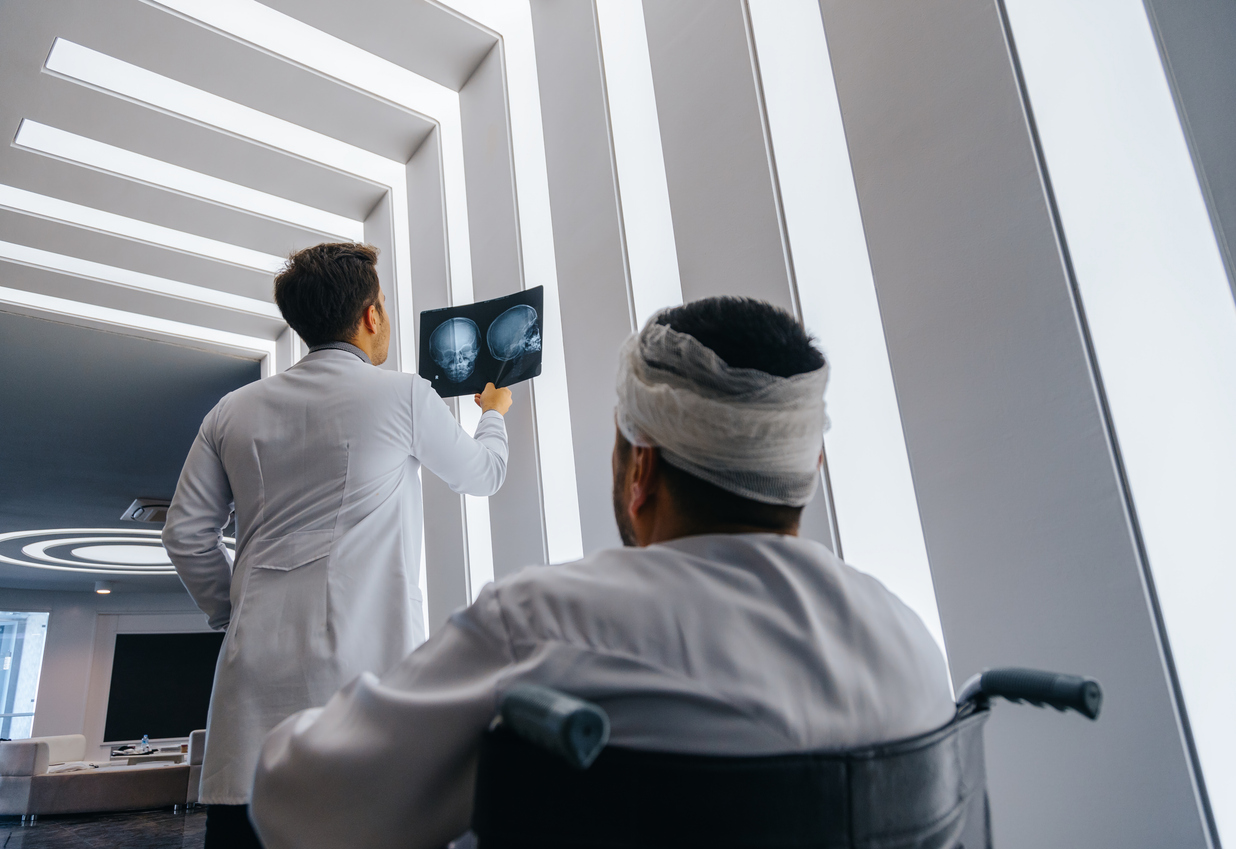
What is a traumatic brain injury?
A traumatic brain injury (TBI) is a type of brain damage that occurs as a result of an injury to the head. This type of injury may be non-penetrative, such as a blow to the head, or penetrative, such as a gunshot wound. The severity of a TBI depends on various factors, and the lasting effects can range from a few days to permanent brain damage or, in severe cases, death. A concussion is the most common type of traumatic brain injury.
Recovery
Any TBI, regardless of the severity level, requires prompt medical attention. Directions from a health care professional should be followed during recovery. Observation for 24 hours may be recommended in a hospital setting or at home. Recovery from a TBI will likely depend on the severity of the injury. Counseling may be necessary to help deal with the stress of recovery, returning to work, or relationship issues. Therapy may be beneficial for the emotional or mood changes that may occur with a TBI. Memory loss and headaches are also common during the recovery period.
Mild TBI
If a mild TBI is experienced, a health care professional will typically recommend rest and over-the-counter pain medications. The person should be monitored closely for symptoms that persist or worsen, and for any new symptoms that may appear. A follow-up appointment is often recommended.
Symptoms will be more severe during the first few days following the injury. Regular activities, including school or work, should be avoided for two to three days following a mild TBI. A medical professional will give instructions concerning when activities are safe to resume. As symptoms decrease, non-strenuous activity, such as going for a walk, is typically recommended. However, anything that worsens symptoms should be avoided. When symptoms have improved significantly, regular activities can be resumed. Consult a health care professional if symptoms persist or worsen with regular activities.
Moderate to severe TBI
If a moderate or severe TBI occurs, treatment may include medications, surgeries, tests, and procedures to minimize the effects. Rehabilitation is normally needed. Assistance with dressing, cooking, physical activity, driving, etc., may be necessary.
Depression and other mental health issues are also common. Long-term effects may include seizures, which can happen immediately following the injury or years later. A substantial TBI increases the chance of developing epilepsy. Other long-term effects may include changes with cognitive, motor, sensory, communication, functional, social, regulatory, psychiatric and behavioral skills.
Post-concussion syndrome
Post-concussion syndrome, or PCS, is a condition that involves prolonged symptoms following a concussion or traumatic brain injury. It can occur within days of a brain injury, or may take weeks to appear. A concussion or post-concussive syndrome can appear without the loss of consciousness during a TBI. PCS does not appear to be linked with the severity of the brain injury.
Recovery difficulty
Certain factors may cause difficulty recovering from a TBI. They include, but are not limited to, the following:
- Young children
- Teens
- Older adults
- A history of TBI’s
- Depression
- Anxiety
Quicker recovery times
Certain tasks can be completed to speed up recovery time. They include, but are not limited to, the following:
- Discussing medications with a physician
- Avoiding activities that may cause another head injury
- Limiting screen time or loud music before bed
- Following a sleep schedule
- Sleeping in a dark room
- Seeking support from family and friends
